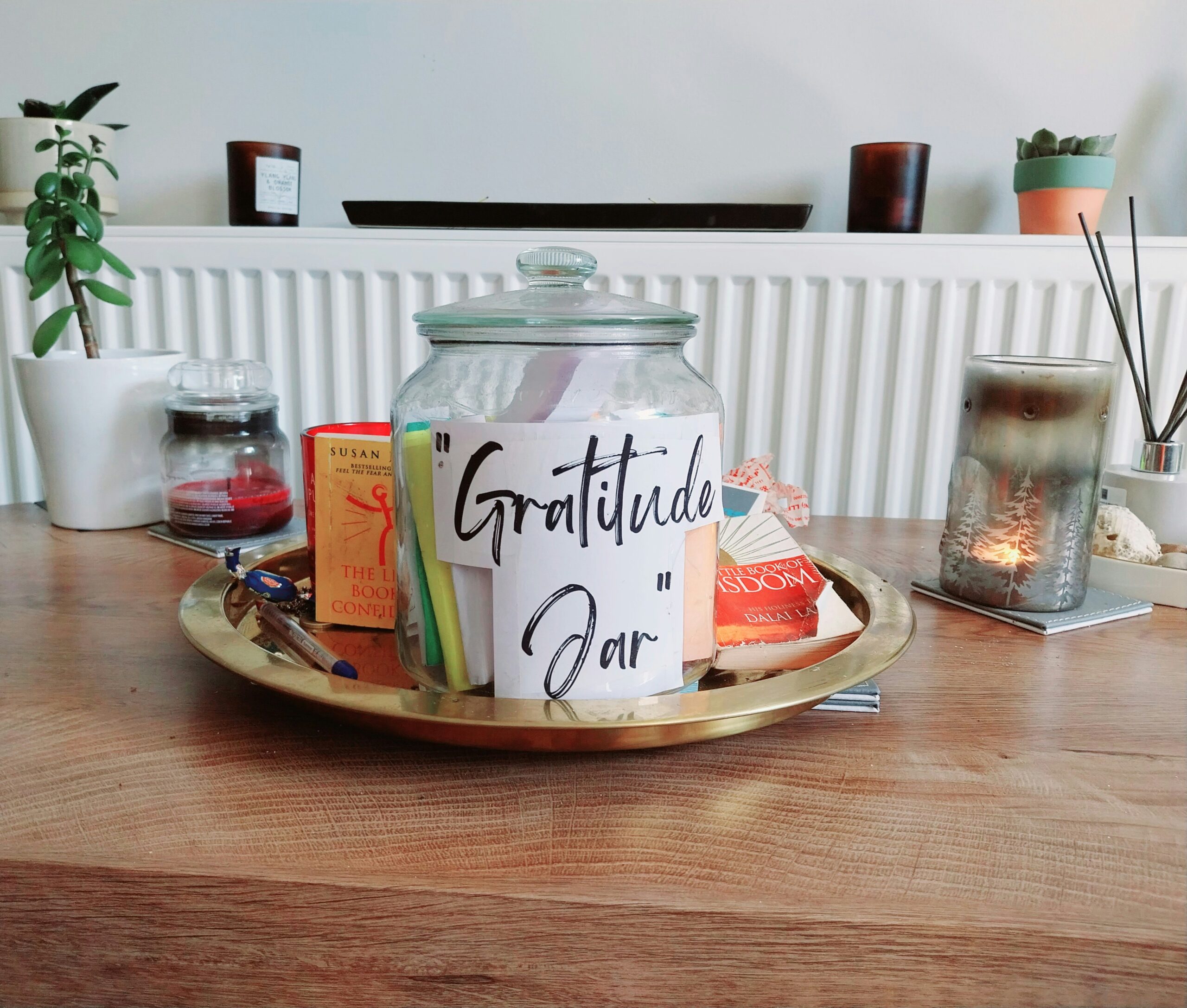In This Article
In a world where most relationships are defined by romance or family, platonic connections often don’t get the spotlight they deserve. Yet, these friendships can be the most grounding force in your life. A platonic relationship is more than just “being friends.” It is a bond rooted in trust, mutual respect, and shared understanding.
This type of connection is a close friendship marked by deep affection and a close bond, distinct from romantic or familial ties. Unlike romantic love, it doesn’t ask you to change who you are. Unlike family ties, it doesn’t carry inherited expectations. Instead, it offers pure companionship that allows you to simply exist as your authentic self.
When nurtured, platonic relationships can become a steady source of calm in times of stress, a mirror that reflects your best qualities back to you, and a gentle reminder that connection doesn’t need conditions. By rediscovering the strength of these bonds, which are rooted in Plato’s ideas about love and friendship and the philosophical ideals of close, non-romantic connections, you open yourself up to balance, emotional grounding, and even better health.
Let's walk through how platonic relationships play a vital role in holistic wellness and how to maintain them with grace.
The Quiet Power of Platonic Connection
In a society that often places romantic or sexual relationships at the center of our lives, the quiet strength of platonic relationships can be easily overlooked. Yet, these connections are a vital part of what it means to be human.

Platonic relationships offer a unique kind of emotional support, one that is free from the expectations and complexities that can come with romantic or sexual involvement. Rooted in the idea of platonic love, as described by the ancient philosopher Plato, these bonds celebrate the true essence of friendship: a deep, non sexual connection built on trust, respect, and genuine care.
Nurturing platonic relationships allows us to experience belonging and acceptance without the pressures of romance. These friendships provide a safe space to share our thoughts, dreams, and vulnerabilities, all while supporting our mental health and personal growth.
By valuing and investing in platonic love, we enrich our lives with relationships that are equally important as any romantic or familial bond. In this article, we’ll explore how these non romantic connections can be a powerful force for balance, well being, and self discovery.
What Is a Platonic Relationship?
At its core, a platonic relationship is a deep, non-romantic connection between two people. It is often described as a friendship, but it goes beyond casual interactions or shared hobbies. A platonic relationship is a deep friendship marked by platonic affection: an emotionally rich, loyal, and enduring bond that is non-romantic yet profoundly meaningful.

It is a bond where presence matters more than performance, where silence is as comfortable as conversation, and where trust is built over time through small, consistent actions. Unlike romantic partnerships, platonic relationships thrive without physical intimacy. Unlike professional or casual acquaintances, they flourish without the pressure of goals or obligations, standing out as a unique form of personal relationships that emphasize trust, support, and meaningful non-romantic connections.
This freedom allows both individuals to express themselves without fear of judgment. It’s not about what you give or receive. It’s about who you are when you’re together. Understanding platonic relationships means recognizing their depth. They are a source of emotional safety, a ground for personal growth, and often a compass that guides you back to your center when life feels overwhelming. In their simplicity lies their power.
Platonic vs. Romantic: Understanding the Distinction
While both platonic relationships and romantic relationships can offer deep emotional connection, they are fundamentally different in their nature and the way affection is expressed.
Platonic relationships are defined by the absence of sexual desire or romantic feelings, focusing instead on mutual support, trust, and a sense of companionship. These relationships thrive on shared experiences, open communication, and a genuine desire to see each other grow, without the added layers of physical attraction or romantic commitment.

On the other hand, romantic relationships typically involve a blend of emotional intimacy and physical attraction, often accompanied by a desire for exclusivity and long-term partnership. Romantic feelings can bring passion and excitement, but they also introduce complexities such as sexual desire, jealousy, and the need for ongoing negotiation of boundaries.
Understanding the distinction between platonic and romantic relationships helps us appreciate the unique value each brings to our lives. Platonic relationships offer a safe haven for authentic connection, while romantic relationships can fulfill our longing for intimacy and partnership. By recognizing and honoring these differences, we can build healthier, more fulfilling relationships of all kinds.
Navigating Romantic Feelings in Platonic Friendships
Even in the strongest platonic friendships, it’s not uncommon for one person to develop romantic feelings over time. This shift can introduce potential challenges, creating uncertainty about how to move forward without jeopardizing the emotional connection you’ve built. The key to navigating this delicate situation lies in open, honest communication and a commitment to maintaining clear boundaries.
If romantic feelings arise, it’s important to talk with your friend about what you’re experiencing. Express your emotions with empathy, and listen to their perspective without pressure or expectation. Remember, developing romantic feelings doesn’t mean the friendship must become romantic, nor does it have to end. By prioritizing emotional support and mutual respect, you can work together to redefine boundaries that honor both your needs.

Maintaining a platonic relationship in the face of romantic feelings requires self-awareness and a willingness to put the friendship first. Focus on the qualities that made your connection special: trust, understanding, and genuine care. With patience and understanding, it’s possible to preserve the integrity of your platonic friendship, ensuring that both people continue to feel valued, supported, and seen.
READ ALSO: How to Make Friends as an Adult Without Feeling Like a Total Weirdo
Building Healthy Boundaries in Platonic Friendship
Boundaries are not walls—they are guidelines that protect the health of any relationship. In platonic friendships, boundaries help maintain balance, clarity, and mutual respect. Maintaining boundaries is essential to protect the platonic nature of the friendship and prevent confusion or emotional discomfort. When both individuals know what is acceptable and what isn’t, the connection grows stronger instead of strained.
Here are some simple yet powerful boundaries to consider:
- Time Boundaries – Respect each other’s schedules and the other's personal space. Friendship doesn’t require constant availability.
- Emotional Boundaries – Share openly but don’t expect your friend to carry all your burdens. Balance is key.
- Physical Boundaries – Comfort levels with touch or closeness differ; respect these without question.
- Privacy Boundaries – What’s shared in confidence stays private. This builds lasting trust.
- Energy Boundaries – Notice when the friendship feels draining. Adjust expectations and give space when needed.
Healthy boundaries keep platonic relationships safe and sustainable. They prevent misunderstandings, protect individuality, and create a foundation where both people feel valued rather than consumed. Unlike relationships with romantic partners, platonic friendships require clear boundaries to avoid misinterpretation and maintain emotional clarity.
Why Platonic Bonds Matter for Modern Living
Modern life can feel like a constant pull between deadlines, responsibilities, and digital noise. In this fast-paced world, platonic relationships offer something rare: stillness and grounding. They remind you that you are not just your productivity, your achievements, or your curated online persona. You are a human being in need of connection, laughter, and shared presence.

Platonic bonds matter because they anchor you when other relationships fluctuate. Romantic relationships may shift, families may carry conflict, and careers may demand more than they give. Platonic connections remain steady, offering balance without expectation. They provide safe spaces where you can share your truth, celebrate your wins, or simply sit together without pressure to perform.
These bonds also create healthier lifestyles. Studies show that people with strong social ties tend to have lower stress levels, improved immune function, and greater resilience against anxiety and depression. Strong friendships and supportive platonic friendships with close friends are especially important for helping individuals cope with health challenges and work struggles, providing emotional support and contributing to overall resilience and well-being.
Platonic friendships are not just “nice to have.” They are vital for navigating the complexities of modern living with clarity and peace.
The Emotional Anchor of Platonic Bonds
Emotions can be unpredictable. There are days when you feel overwhelmed, restless, or uncertain about your path. Platonic bonds act as emotional anchors during these moments. They give you a safe space where your feelings can be expressed freely, without the fear of being misunderstood or judged.

A strong platonic friend is the one who listens when you cannot untangle your own thoughts, who validates your experiences when you doubt yourself, and who gently reminds you of your worth when you forget it. Platonic friends can also lighten the mood with a funny joke during difficult times, making challenges feel more manageable. These connections become the cushion that softens life’s hardest falls.
Platonic relationships also offer balance to the emotional rollercoasters of other relationships. While romantic love can bring intensity and family ties can carry obligations, platonic bonds give steady support. It is important to avoid an unequal balance in emotional support, ensuring that both friends feel valued and respected. They neither suffocate nor demand; they simply exist to hold space.
That quiet yet powerful presence makes them an anchor for mental and emotional wellness, especially in today’s often chaotic world.
Platonic Bonds and Mental Well-Being
Mental health is deeply influenced by the quality of your relationships. Platonic friendships serve as buffers against stress, loneliness, and negative self-talk. When you share your struggles with a friend who truly listens, your brain and body respond with reduced cortisol levels, fostering calm and clarity. These supportive connections play a crucial role in enhancing your overall psychological well being.
Platonic bonds also provide perspective. They remind you that challenges are temporary and that you don’t have to face them alone. The sense of belonging that comes with friendship helps reduce anxiety and increases resilience against depression.

Unlike other relationships, platonic ones often allow you to share your unfiltered thoughts without fear of judgment or rejection. This freedom lightens your mental load and builds emotional confidence. Over time, these relationships create a safety net that supports you in both ordinary and extraordinary seasons of life, ensuring your mental well-being stays strong.
Practical Tips for Nurturing Platonic Relationships
Maintaining a platonic friendship requires intention and care, just like any meaningful bond. Making intentional efforts to maintain platonic friendships over time is essential for building trust and deepening your connection. These practical steps help you sustain these relationships for the long term:
- Communicate Consistently – A quick message or call can mean more than grand gestures.
- Celebrate Milestones – Acknowledge birthdays, achievements, or even small wins to show you care.
- Be Present – When together, give undivided attention instead of multitasking or scrolling.
- Offer Support – Be available not only in joyful times but also during struggles.
- Respect Differences – Disagreements happen. Listen openly and honor different perspectives.
- Invest in Shared Experiences – Create memories through hobbies, travel, or simple quality time.
- Join Social Networking Groups – Connect with like-minded individuals and build friendships through community activities and meaningful interactions.
Friendship thrives on reciprocity. By nurturing with presence, honesty, and respect, platonic relationships can stay vibrant for years, becoming sources of joy, stability, and growth. These nurturing efforts play a significant role in sustaining long-term platonic relationships.
Platonic Relationships as a Path to Holistic Wellness
Holistic wellness isn’t just about diet, exercise, or meditation. It’s about balance in every aspect of your being. Platonic relationships directly support this balance. They nourish your mind with meaningful conversation, your emotions with unconditional support, and even your body with reduced stress that strengthens immunity. These relationships can also foster self love and acceptance, helping you appreciate your own worth outside of romantic or sexual validation.

When you laugh with a friend, your body releases endorphins that uplift your mood, and when you feel supported, your nervous system calms, lowering blood pressure and tension. When you are truly seen by another person, whether that person is of the same sex or opposite sex, your sense of purpose expands beyond yourself. Platonic relationships are not defined by sexual attraction, but rather by emotional support and trust.
In this way, platonic connections weave together the threads of physical, mental, and emotional health. They remind you that well-being isn’t only an individual journey: it’s also shaped by the relationships you nurture. By prioritizing these bonds, you create a lifestyle where wellness flows naturally from connection, trust, and balance.
Friendship as a Foundation for Balance
Platonic relationships are more than casual friendships. They are essential anchors for emotional safety, mental clarity, and overall balance.
By setting healthy boundaries, nurturing the bond with consistency, and recognizing their role in holistic health, you ensure these connections remain steady sources of support throughout your life.
Holistic wellness is not achieved in isolation. It blossoms when your mind, body, and spirit are nourished by meaningful connections. Platonic friendships, in their simplicity and depth, provide exactly that. They teach you that true wellness doesn’t come only from routines, diets, or practices. It also comes from being loved and accepted without conditions.
As you move forward, let these friendships remind you that balance is possible, wholeness is attainable, and wellness is deeply intertwined with the bonds you choose to keep.






















